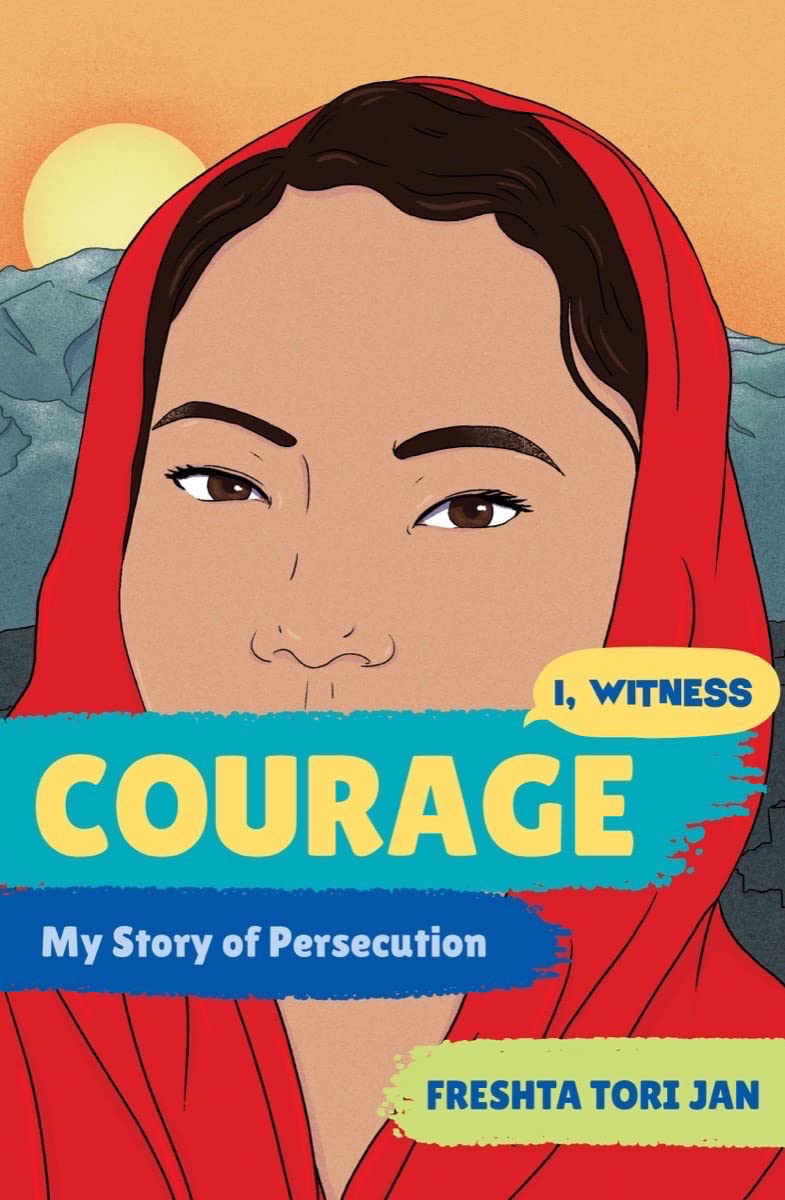Throughout history, the Baha’i Faith has emerged as a vital and beacon of hope, advocating for unity and collective progress amidst adversity. The teachings of Baha’u’llah, the founder of the Baha’i Faith, elucidate principles that are pivotal to grasping the profound trials faced by its followers globally. The enduring story of persecution and courage from this religious community presents a striking narrative of resilience and tenacity.
At the heart of the Baha’i teachings lies the concept of the oneness of humanity. This principle asserts that all individuals, regardless of their race, gender, or creed, are fundamentally equal. Baha’is believe that this acknowledgment of shared humanity is essential for establishing lasting peace and harmonious coexistence. However, the challenges posed by such beliefs in a world rife with division have often led to severe repercussions for Baha’is, demonstrating the real-world implications of these teachings.
The historical context of the Baha’i Faith’s emergence in the 19th century is crucial to understanding the persecution faced by its adherents. Originating in Iran, the religion was met with vehement opposition from both religious leaders and government officials. The initial persecution began with the execution of the Bab, the forerunner of Baha’u’llah, whose radical message of social and spiritual renewal sparked fury among established powers. Subsequent leaders, including Baha’u’llah himself, faced imprisonment, exile, and ultimately, unrelenting strife.
One cannot overlook the pivotal events that encapsulated the harrowing saga of Baha’i persecution. For instance, the arrest of Baha’i leaders and the destruction of Baha’i properties signify the tangible manifestations of religious intolerance. In contemporary times, Baha’is, particularly in Iran, still encounter systemic discrimination, prohibited from attending schools, or holding jobs that align with their beliefs. This persistent persecution underscores the courageous adherence to their faith amidst overwhelming odds.
In exploring the theme of courage, one is reminded of the indomitable spirit that characterizes the Baha’i community. The steadfast resolve with which Baha’is uphold their beliefs in the face of adversity speaks volumes of their commitment to the teachings of Baha’u’llah. Countless stories of individuals who have endured authoritarian regimes reflect an unwavering dedication to justice and truth. These accounts of bravery often parallel narratives of historical martyrdom, illustrating how sacrifice catalyzes the growth of faith.
Moreover, the Baha’i teachings advocate for the principles of justice and equity. This commitment to justice inspires adherents to stand firmly against oppression, advocating for the rights of all people. Baha’is view their struggle against persecution not merely as a personal ordeal but as a collective responsibility to promote the inherent dignity of every individual. The unwavering pursuit of justice in the face of persecution exemplifies how Baha’is find strength in their convictions, encouraging others to adopt similar practices of compassion and advocacy.
The stories of Baha’i individuals who have triumphed over persecution are rich with lessons on perseverance and resilience. These narratives often encompass involvement in humanitarian efforts, education initiatives, and community development, reflecting the Baha’i emphasis on service to humanity. By championing causes such as women’s rights and social equality, Baha’is strive to extend their teachings beyond their faith, encapsulating the universal aspiration for a better world.
However, the narrative of persecution is not solely a tale of suffering; it is also a testament to the transformative power of spirituality. Baha’is believe that true courage emanates from a deep connection to the teachings of their faith. This spiritual foundation nurtures hope and fortitude, allowing individuals to rise above temporal challenges. The Baha’i practice of prayer, meditation, and community gatherings fosters emotional resilience, enabling adherents to find solace and strength in their shared experiences.
As one delves deeper into the Baha’i narrative, the international community of believers emerges, creating a tapestry of diverse cultures and backgrounds unified by common ideals. The Baha’i community actively engages in dialogue with other faiths, promoting interfaith understanding and collaboration. This commitment to unity underscores the profound belief that spiritual teachings transcend cultural boundaries, fostering global harmony through shared principles.
The future of the Baha’i Faith remains intertwined with its historical narrative of persecution and courage. As the world becomes increasingly polarized, the teachings of Baha’u’llah serve as an antidote to division and discord, advocating for inclusivity and understanding. The ongoing strife faced by Baha’is highlights the urgent need for global awareness and dialogue regarding religious freedoms, discrimination, and the safeguarding of human rights.
In conclusion, the story of the Baha’is is one of profound struggle marked by unwavering courage against persecution. This narrative serves as a call to all individuals to reflect on the universality of human rights and the power of collective action in addressing injustices. By embodying the principles of the Baha’i teachings—oneness of humanity, justice, and courage—Baha’is continue to inspire others on the path toward a more compassionate and equitable world. Their journey is a powerful testament to the resilience of faith and the enduring human spirit, illuminating the possibility of creating an harmonious future despite the shadows of persecution.
